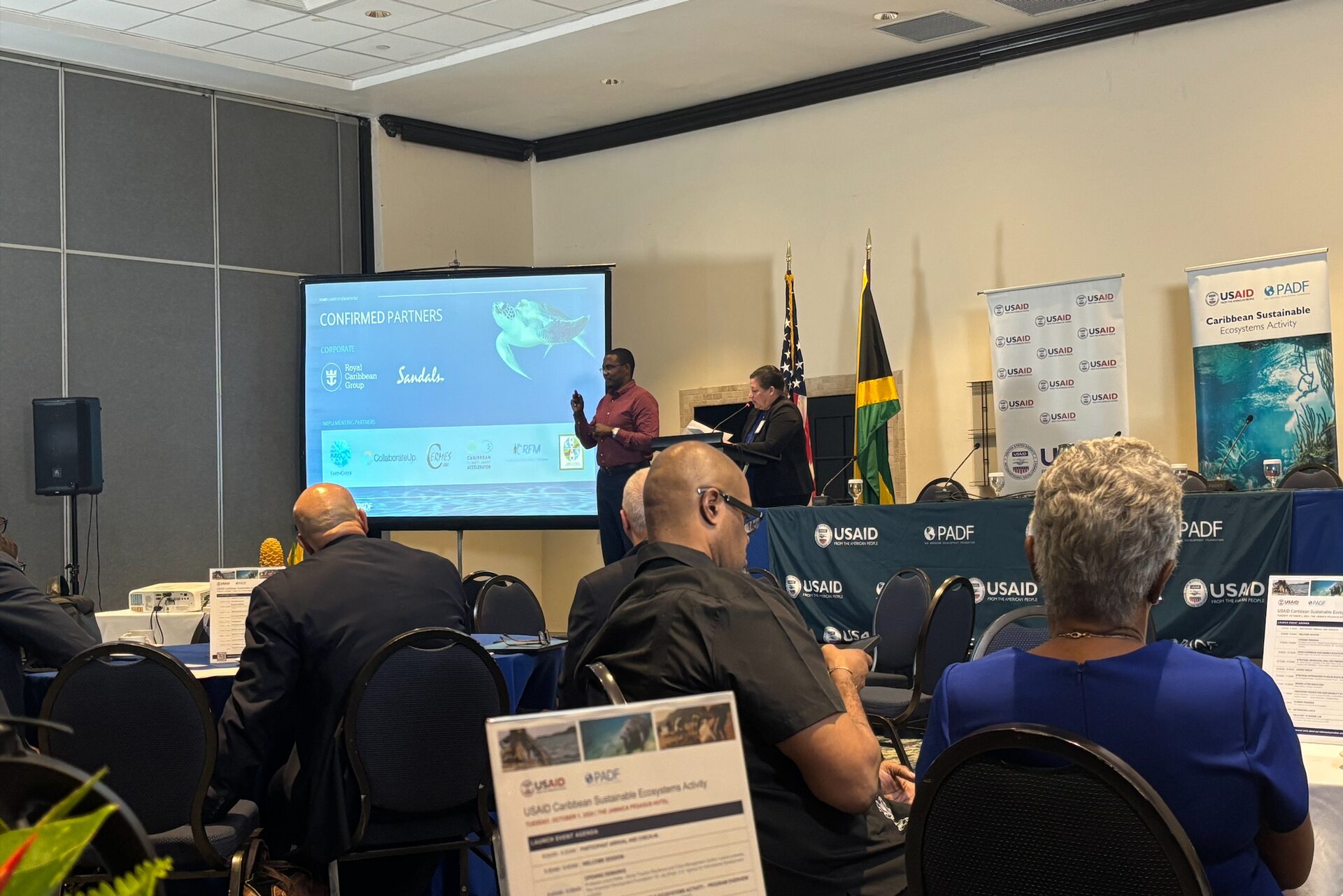
5th June 2022, Medellin, Colombia. The need for the travel and tourism industry to become more resilient in the face of external crises has become increasingly apparent over the past decade. As the world has faced a series of natural and man-made disasters. The importance of tourism to national economies and the balance of trade and employment makes any negative impact on the industry reverberate through the global economy.
Recognising this, EarthCheck and one of Latin America’s leading institutions Grupo SURA, partnered to develop a tourism industry resilience guide to assist tourism operators in Latin America. The guide helps businesses plan for, mitigate against, respond to and recover from future risks or crises. All of which help ensure a sustainable and economically vibrant tourism industry.
Gonzalo Alberto Pérez, CEO of Grupo SURA, said, “Latin America’s diverse landscape provides unforgettable tourism experiences, making the sector highly dependent on the natural environment. As severe weather becomes exacerbated by climate change, we need to ensure that local level capacities are strengthened to build community preparedness and create a resilient and sustainable tourism industry. Our partnership with EarthCheck is an important milestone. We consider them the world’s leading sustainability advisory group for travel and tourism.”

The release of the Don’t Risk It! Guide coincides with World Environment Day. It is directed at tourism enterprises that provide guidelines for preparing, responding and recovering from a crisis. It is designed to be user-friendly, is written in plain Spanish and follows a logical timeline approach – Prepare, Respond and Recover – from a crisis. The guide provides a series of templates and checklists to help users develop risk management materials relevant to their business.
EarthCheck CEO and Founder, Mr Stewart Moore, said the guide was developed to help the industry address the expected escalation of extreme weather events. Research shows that 80 per cent of businesses without a continuity plan won’t survive two years after a significant crisis.
“The world is at a tipping point. The type and impact of climatic events of the last few years like superstorms in the Americas, tsunamis in the Asia-Pacific and even the global pandemic are likely to increase,” Mr Moore warned.

“It’s not so much about if, or when, a disaster will strike. Today it’s about continuity plans and how fast a business can bounce back. And that means adopting new systems and operational procedures to help build resilience.”
As the global economy starts to open up again, it provides a rare opportunity to reset and reimagine how our destination management and business plans can be enhanced to better meet the needs of the new normal. Standard operating procedures are now required to manage risk, build resilience, and factor in adaptation and recovery responses.







